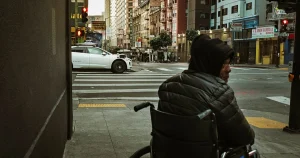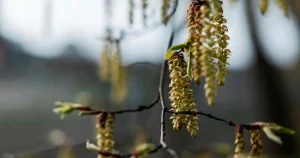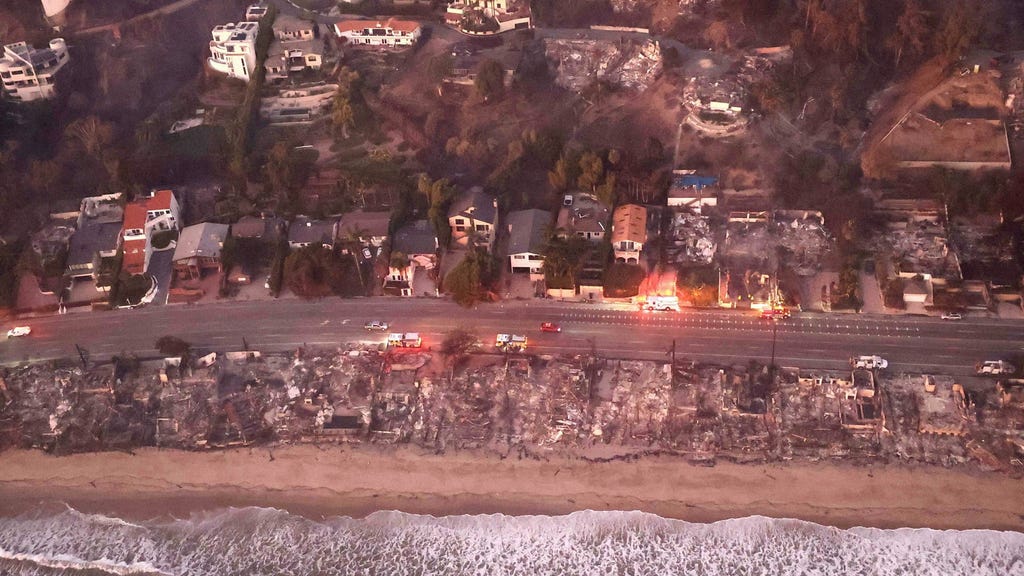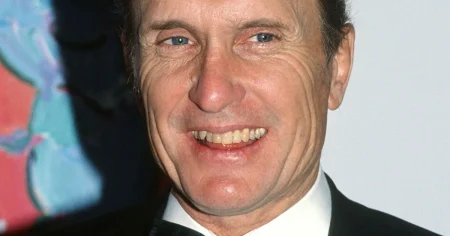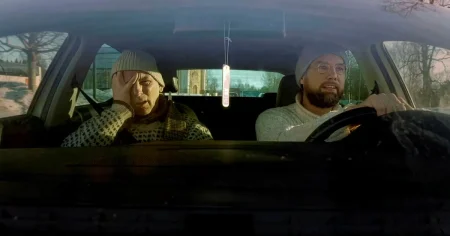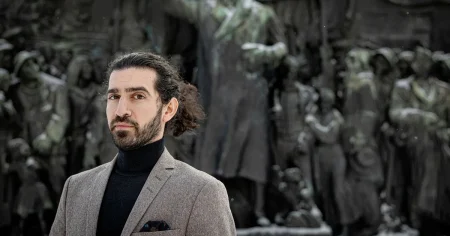Rebecca Solnit, reflecting on the devastating wildfires transforming Los Angeles into a smoky wasteland, emphasizes the destructive power of forgetting. For decades, scientists and climate activists have warned about the catastrophic consequences of climate change. Yet, we continue to treat each merciless hurricane, each devastating flood, each apocalyptic firestorm as a shocking new alarm. We react, then promptly hit the snooze button, collectively slipping back into a slumber of inaction. The recurring nature of these disasters renders the term ”natural disaster” increasingly meaningless. Humanity has become its own marauder, capable of inflicting immense destruction upon itself.
Los Angeles is no stranger to fire. The recent, almost surreal images of palm-lined paradise transformed into a blazing inferno are eerily similar to the horrifying scenes from 2018 when wildfires, including the destructive Wolsey fire, ravaged the area. The dry, brush-covered hillsides, acting as natural kindling, are perpetually susceptible to wildfires, especially when fueled by the hot, dry Santa Ana winds. Historically, the indigenous population mitigated this risk by regularly burning firebreaks. However, Los Angeles, in its expansion, has colonized these fire-prone areas, blanketing them with houses and roads, effectively creating a tinderbox waiting for a spark.
Author Mike Davis, a fellow Californian, argues that the often-luxurious homes nestled in the mountainous suburbs north of Los Angeles are essentially pre-loaded firebombs. In his 1998 book, ”Ecology of Fear: Los Angeles and the Imagination of Disaster,” Davis highlights a recurring pattern of fire catastrophes, met with a collective shrug from politicians, authorities, the real estate industry, and, it must be added, homebuyers. Rather than learning from the past, they embrace a collective amnesia, choosing comfort over confrontation. Proposals for fire prevention measures, like creating firebreaks, have been rejected, sometimes with arguments bordering on satirical misanthropy. Davis cites a homeowner’s association that opposed controlled burns due to the potential impact on property values, specifically “blackened hillsides and ashes in the swimming pools.”
The current wildfires are attributed to extreme drought and an extended Santa Ana wind season, pushing the hot, dry conditions further into winter. These same factors were cited in 2018, demonstrating a frustrating cycle of destruction and denial. The understanding that nature hasn’t self-radicalized, that this extremism is man-made, is also a recurring theme. We acknowledge the problem, yet we persistently choose to forget it, opting for the comfort of denial over the discomfort of action. This willful ignorance isn’t confined to California. In Sweden, for example, construction continues in vulnerable coastal areas, prioritizing the allure of ocean views and rising property values over the looming threat of rising sea levels.
This collective amnesia extends to the political sphere. The current Swedish government prioritizes ”price at the pump” over long-term environmental sustainability, seemingly disregarding the future implications of climate change. The pursuit of short-term economic gains overshadows the long-term consequences, threatening future generations’ ability to experience the joys of a natural, snow-covered landscape. This shortsightedness underscores a global pattern of prioritizing immediate gratification over long-term well-being. The question remains: will witnessing the devastation in California prompt any meaningful change in policy, or will it simply become another forgotten lesson in a cycle of destruction and denial?
The case of California serves as a microcosm of a global challenge. The ongoing wildfires, fueled by climate change and exacerbated by human choices, represent a stark reminder of our collective inertia. The recurring nature of these disasters highlights our tendency to treat each event as an isolated incident rather than a symptom of a larger, systemic problem. The real catastrophe lies not just in the immediate destruction, but in our persistent inability to learn from the past and adapt for the future. We remain trapped in a cycle of alarm and amnesia, choosing the fleeting comfort of denial over the enduring benefits of action. The question now becomes: how long can we continue to hit the snooze button before we finally wake up to the burning reality of our planet’s plight?


